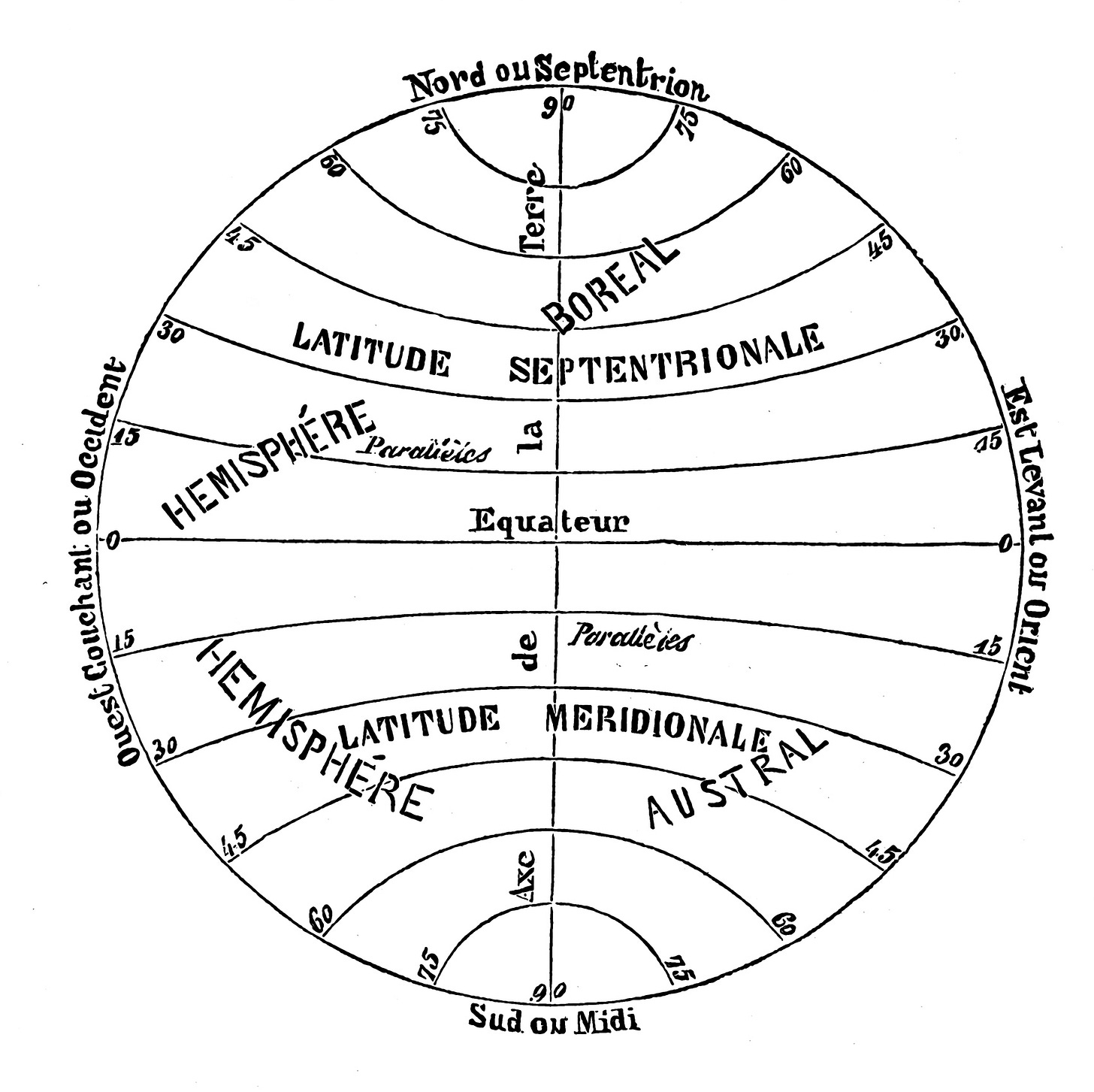Science Fictions links for October 2024
Including a good scientific report about the bad scientific reports published in Scientific Reports
With infinite apologies for it being a couple of days late (my excuse is that I’ve been moving house), here’s your update of all the maddest goings-on in the world of bad science for the month of October 2024.
The links
Whenever there’s a case of scientific fraud, you always feel terrible for the colleagues of the fraudster: innocent people who co-authored work where the data subsequently turned out to be fake. This article tells one such tragic tale.
And you wonder how the colleagues of this guy feel: a chemist who’s been found to have faked data in 42 papers. If they all get retracted, he’ll end up as the 14th-most-retracted researcher of all time, which is a pretty decent showing.
Then again, that’s nothing compared to what El Pais is calling “the biggest scandal in Spanish science”: 75 papers to be retracted from a computer scientist who seems to have obsessively and fraudulently manipulated the citation system for years. That’ll make him the 8th-most-retracted of all time.
Latest “Jonathan Haidt vs. Social Media” update: Matt Jané, god bless him, isn’t content just to be a critic on the sidelines, and is setting up an open, transparent meta-analysis to try to provide some high-quality analyses on this question (“does social media cause mental health problems?”) at last.
Researchers do a long-term study of the effects of puberty blockers, find that they aren’t beneficial to mental health, and then… decide not to publish the results in case they’re “weaponised”. Seems extremely bad, if you ask me.
Do you remember when Daniel Kahneman made a big thing of having done an “adversarial collaboration” with another researcher who he disagreed with, for some research on whether money makes people happier? Turns out the article they wrote together was, er, not very good.
Article about an intriguing new tool to spot papers that are at “high risk” of being fake (and the journals that publish a lot of them). A big “yikes” in these results for the mega-journal published by Springer Nature, Scientific Reports.
And while we’re on Scientific Reports, a bunch of data sleuths got together to try to give the editors a collective shake: this journal is absolutely chock-full of terribly flawed and probably fake research, and you’ve got to wonder if there’s any quality control happening at all.
I mean… just look at this example. Or this one. I remember when this journal first appeared, and everyone treated it like a serious outlet! Now it’s a joke.
Remember the classic story of the scientific fraudster who coloured in the fur of a mouse with a black pen to try to claim he’d successfully done a skin graft? Well, here are some other scientists who seem to have gotten creative with a marker pen.
If you’re a UK researcher interested in meta-science, you can now apply to get access to administrative data from the government’s main research funder.
Couple of things about this news article in Nature about C-sections and feeding babies shit (yeah, you read that right):
One: why on Earth is Nature reporting on an n=31 “pilot” study that isn’t even published in readable form anywhere and was only presented at a conference?
Two: “Gendered language is used in this piece for clarity and to reflect the language used in the research, but Nature recognizes that not all people who give birth identify as mothers, and that not everyone who gives birth takes on the mother role”. What?!
While we’re on the topic of woke Nature, you might’ve seen the most-ridiculed scientific article of the month: the one that urges Northern Hemisphere scientists to be more inclusive by avoiding saying things like “Summer Conference” or “Winter Meeting”, because the seasons are different below the Equator. Look, I know it’s boring to go on about this. But it’s funny that Nature seems to be stuck in an eternal 2020, long after everyone else has realised how cringe all this stuff is.
“Can the retraction of articles endanger the mental health of researchers?”. Awww, did that big bad wetwaction hurt your widdle feewings? Try being someone with Alzheimer’s whose treatments were slowed down for years because fraudulent academics didn’t retract their fake results.
“…we show that rhesus macaques, who have no knowledge about political candidates or their policies…”—just imagine writing that in a scientific article. Imagine it and then imagine just giving up being a “scientist” and instead getting a job that actually provides some value to society. Which is what the authors should immediately do in this case.
P.S. The Studies Show
Our podcast episode about Philip Zimbardo (who died this month) and his Stanford Prison Experiment is one of our best yet, if I do say so myself. We also did a silly episode on psychic mediums for Halloween, as well as much more serious one on the science around surrogacy, and one on the Ig Nobel Prize-winning research debunking “Blue Zones”.
Image credit: Getty



> Two: “Gendered language is used in this piece for clarity and to reflect the language used in the research, but Nature recognizes that not all people who give birth identify as mothers, and that not everyone who gives birth takes on the mother role”. What?!
I think it's referring to trans men who decide to become pregnant, ie people who are physiologically capable of pregnancy, but identify as having a male gender. There's a trend to use inclusive language like "people who gave birth/menstruate/have a uterus/etc." for these sorts of situations.
Not all retractions are done for scientific quality. See: https://retractionwatch.com/2024/09/03/exclusive-editor-resigns-as-publisher-blocks-criticism-of-decision-to-pull-paper-on-gender-dysphoria/ (covers both retraction of my paper and attempted suppression of the back story).
My mental health is fine. I suspect the Springer-Nature manager who retracted my paper has had some regrets though.